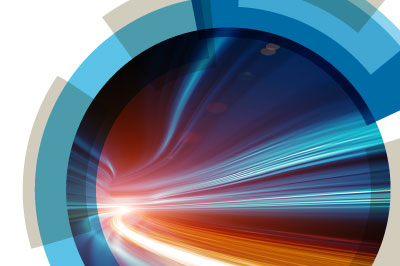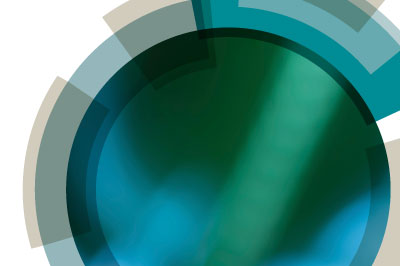There have been enormous recent advances in our ability to produce and trap samples of translationally cold molecules (below 1 K) and ultracold molecules (below 1 mK). Molecules such as NH3, OH and NH have been cooled from room temperature to the milliKelvin regime by a variety of methods including buffer-gas cooling and Stark deceleration. Molecules have also been produced in ultracold atomic gases by photoassociation and magnetoassociation of pairs of atoms. Bose-Einstein condensates have been produced for dimers of both bosonic and fermionic alkali metal atoms, and the first signatures of ultracold triatomic and tetraatomic molecules have been observed. The new capabilities open up many exciting prospects, including:
The study of collision processes in unprecedented detail using cooled or velocity-controlled species
The use of cold molecules in high-precision measurement to observe fundamentally important quantities
The production of quantum gases of dipolar molecules, which would exhibit many new properties
The use of cold molecules as qubits in quantum computing
Controlled ultracold chemistry, in which controlled chemical changes are achieved coherently for large samples using external fields.
Themes
The following themes were included in the discussion:
- Magnetoassociation to form ultracold molecules
- Photoassociation to form ultracold molecules
- Methods for cooling molecules
- Collisions of cold molecules
- Control and manipulation of ultracold molecules
- Applications of cold molecules
- Molecules in lattices









